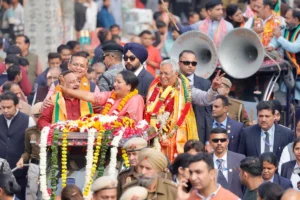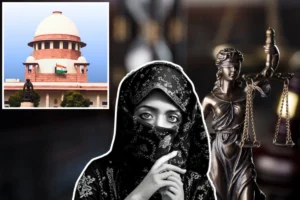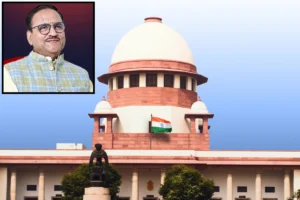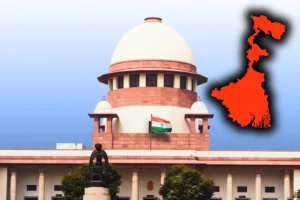
In a surprising turn of events, the Dwarka police have taken unprecedented action against those who filed a complaint about corruption within their ranks, rather than addressing the allegations themselves.
The case, centered around the Dabri police station, has raised eyebrows due to its unconventional handling.
Origin Of The Complaint
The saga began with a detailed complaint filed against an Assistant Commissioner of Police (ACP) stationed at the Deputy Commissioner’s office in Dwarka.
The complaint meticulously outlined alleged corrupt practices and misuse of authority by the ACP.
Instead of acting on the allegations promptly, senior officers suspected external influence and embarked on a mission to identify the complainant.
Tracking The Complaint
Sources familiar with the matter revealed that investigators began tracking the complaint from the post office.
By examining CCTV footage and the time stamp on the envelope, authorities successfully traced the person who posted it.
This led them to a shocking discovery that the complaint originated from within the Dabri police station.
The Station Head’s Role
Upon interrogation, it was revealed that the station head of Dabri police station had orchestrated the filing of the complaint.
Meanwhile, this revelation turned the investigation on its head, with the station head now becoming the focal point of scrutiny.
In an unexpected twist, the station head was immediately sent on forced leave, a move that has stunned many observers familiar with such cases.
Selective Action
Despite taking proactive measures against those involved in filing the complaint, authorities have not reported any action taken against the accused ACP.
When questioned about this disparity, Additional Deputy Commissioner of Police Nishant Gupta declined to comment, citing lack of information.
He assured that details would follow once a thorough inquiry conducted.
Implications
The incident has underscored concerns about the internal workings of the Delhi Police, particularly regarding how complaints of corruption are handled.
Critics argue that punishing those who expose alleged wrongdoing sends a chilling message. They contend that such actions sidestep the responsibility of investigating the claims themselves within law enforcement.
Also Read: NEET Paper Leak: Bihar Police’s Economic Offences Unit Intensifies Probe
To read more such news, download Bharat Express news apps


















